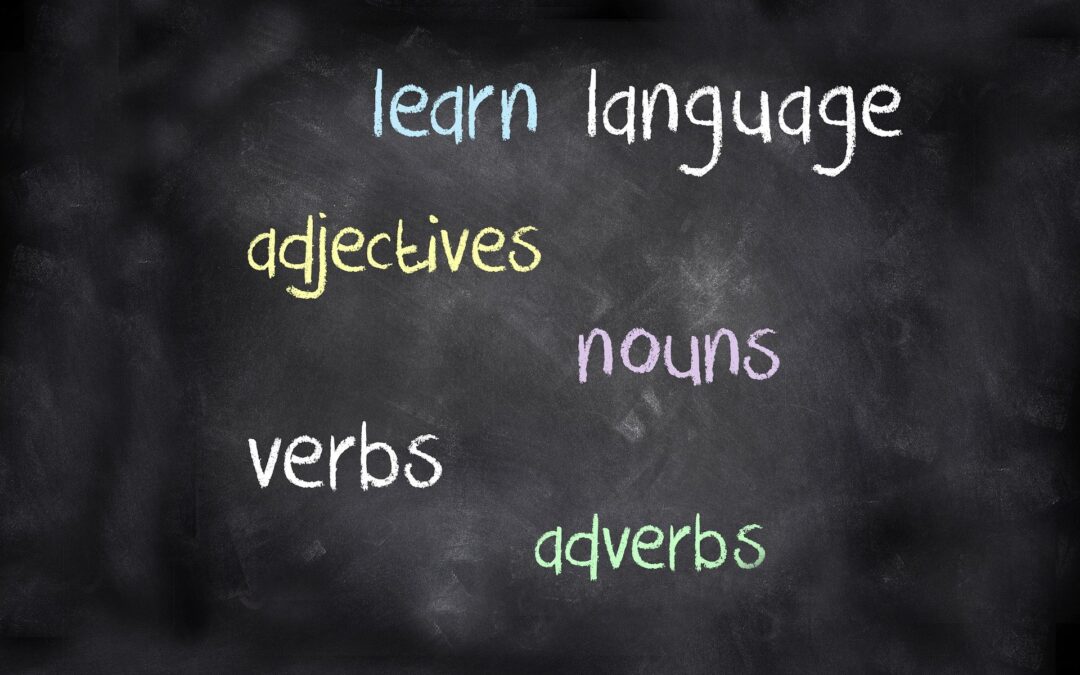In today’s increasingly interconnected and interdependent world, to learn a language is a critical skill that allows you to engage with the world more directly and meaningfully. Whether in your own neighbourhood or thousands of miles away—it better prepares you to compete and succeed in the global economy.
To learn a language that is new can significantly improve your job prospects, college education and experiences, travel, and personal enjoyment of the arts and culture. Here are ten compelling reasons to learn a new language.
-
Get A New Point Of View
We naturally make comparisons to what we are most familiar with as we learn a new language and culture. Learning about another culture reveals aspects of our own culture that we may not have considered before. You might discover a new appreciation for what you have, or you might decide to make a change!
-
Improve Your Decision-making Skills
According to studies, decisions made in your second language are more rational than those made in your first. Contrary to popular belief, when we deliberate in a second or third language, we actually distance ourselves from the emotional responses and biases that come with our first language. The result is decisions made in a systematic and clear-headed manner based solely on the facts.
-
Improve Your Self-confidence
Any language learner can attest to making numerous errors while learning a new language, often in front of an audience. It’s a necessary part of the learning process! Learning a language involves taking risks and stepping outside of one’s comfort zone. On the plus side, conversing with someone in their native language will give you a tremendous sense of accomplishment.
-
Turn Into A Polyglot
Learning a second language not only improves communication skills and expands vocabulary in your first language, but it also makes learning additional languages much easier, especially for children. That’s because when you learn a new language, your brain develops new neural networks that are primed and ready for learning a third. -
Access The Source
Knowing at least one additional language allows us to access information that would otherwise be unavailable. Individuals who are fluent in other languages, for example, can use the Internet as true global citizens, consuming and evaluating foreign media and entertainment.
-
Explore The World
While monolingual travellers can visit the same places, multilingual travellers are better able to navigate outside the tourist bubble. They can connect and interact with the place and its people in ways that are often unavailable to those without the language. Learning a second language also expands your options for studying or working in another country.
-
Strengthen Your Relationship With Other Cultures
The most direct link to other cultures is language. Being able to communicate in another language exposes us to and fosters an appreciation for the people associated with that language’s traditions, arts, and history. Greater understanding fosters greater tolerance, empathy, and acceptance of others. Studies indicate that children who have studied another language are more open to and have more positive attitudes toward the culture associated with that language.
-
Feed Your Brain
The cognitive benefits of learning languages are undeniable. People who speak more than one language have improved memory, problem-solving and critical-thinking skills, enhanced concentration, ability to multitask, and better listening skills. Being bilingual or multilingual also helps to stave off mental ageing and cognitive decline.
-
Promote Your Profession
Language abilities can give you a significant competitive advantage over your monolingual peers. They are among the top eight skills needed in all occupations, regardless of sector or skill level, and the demand for bilingual professionals is growing at an exponential rate. As a bonus, language skills are frequently linked to hiring bonuses and higher salaries.
-
Connect
Our ability to connect with others is one of the most rewarding aspects of the human experience, and being able to communicate with someone in their own language is an essential form of connection. In both their personal and professional lives, bilinguals have the unique opportunity to communicate with a wider range of people.
It is more important to practice spoken language rather than written while learning a new language. If you’re someone who has always wanted to learn Levantine Arabic but couldn’t gain confidence in speaking the language, we recommend you to join Nasma Of NY’s Adult Group Conversation Classes. They will not only help you in boosting confidence in speaking Levantine Arabic, but also help you gain conversational skills.
If you’re someone looking out for better job prospects in the Middle East, check out Nasma Of NY’s Corporate Arabic languages classes!

